I'm trying to define a function which will remove duplicates from a list. So far I have a working implementation:
rmdups :: Eq a => [a] -> [a]
rmdups [] = []
rmdups (x:xs) | x `elem` xs = rmdups xs
| otherwise = x : rmdups xs
However I'd like to rework this without using elem. What would be the best method for this?
I'd like to do this using my own function and not nub or nubBy.
